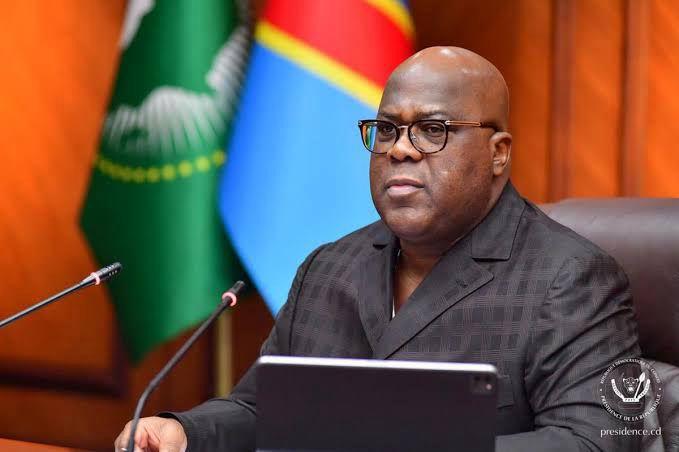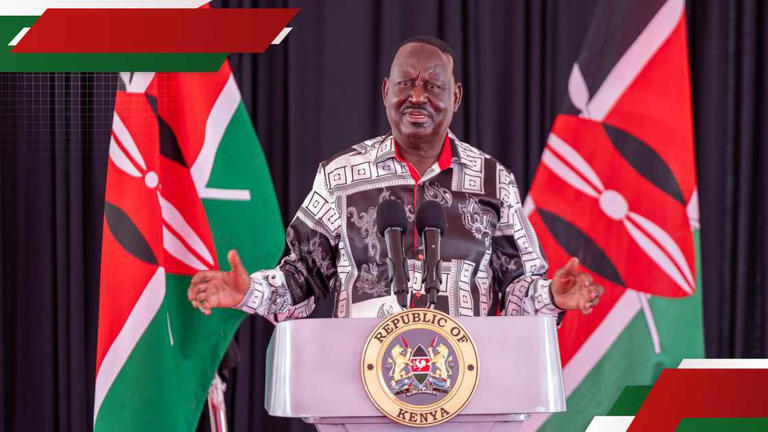“In the Democratic Republic of Congo, alliances are forged in the morning and betrayed by nightfall.”
This old Kinshasa proverb rings especially true in the political odyssey of Vital Kamerhe; it reasonates deeply in the context of congolese politics. Vital kamhere,the former powerbroker who helped crown Félix Tshisekedi president, only to find himself betrayed, politically wounded, humiliated, his credibility questioned and ultimately cornered within the very system he helped build.In the political jungles of the Democratic Republic of Congo, friendships are fragile, loyalty is disposable, and survival often demands silence. The case of Vital Kamerhe is a masterclass in betrayal, resilience, and quiet political captivity.
This article explores Kamerhe’s pivotal role in Tshisekedi’s rise, his dramatic fall from grace, his reluctant return to power, and the lingering suspicion that he remains a marked man. It argues that Kamerhe is not Tshisekedi’s ally by choice; but by political necessity, in a system where betrayal is strategy, not scandal.
The Rise of a Kingmaker
After breaking ties with former President Joseph Kabila, Vital Kamerhe emerged as a reformist leader with national appeal. As head of the Union for the Congolese Nation (UNC), he carried political experience, charisma, and a strong support base.In 2018, Vital Kamerhe surprised many observers by abruptly withdrawing from an agreement among opposition leaders to support Martin Fayulu as their joint presidential candidate. In a similar move, Félix Tshisekedi also pulled out of the coalition. The two then joined forces to form a new alliance known as Cap pour le Changement (CACH), with Tshisekedi as its presidential flagbearer.
While Tshisekedi brought symbolic weight through his father’s legacy, it was Kamerhe who mobilized networks, managed logistics, and shaped electoral strategy. The alliance bore fruit: Tshisekedi ascended to the presidency through a controversial power-sharing agreement with Kabila’s regime. Kamerhe was rewarded with the role “Chef de Cabinet” ; widely seen as the second most powerful position in the country, and was promised backing for his own presidential run in 2023.
But beneath this alliance, a darker political calculus was at play.
Fall from Grace: Justice or Political Elimination?
Barely a year into Tshisekedi’s presidency, in April 2020, Kamerhe was arrested and later convicted in a high-profile embezzlement case tied to the president’s “100-Day Program.” Accused of misappropriating over $50 million in public funds, he was sentenced to 20 years in prison.
Although the trial was framed as a bold anti-corruption effort, many saw it as a politically motivated takedown. The timing, intensity, and singular focus on Kamerhe raised suspicions that it was less about justice and more about eliminating a powerful rival.
Though eventually acquitted on appeal, the damage was done. Kamerhe’s public image was shattered, his credibility questioned, and his political capital eroded. To many, his real crime wasn’t corruption; it was ambition.
A Selective War on Corruption
To be fair, Kamerhe’s case did expose questionable management of public funds. Critics argue that accountability must be enforced regardless of political ties. For Tshisekedi, demonstrating a tough stance on corruption was key to appeasing both domestic voters and international donors.
However, it’s the selective nature of this accountability that fuels distrust. Why was Kamerhe singled out? Why so swiftly? Why alone?
Back in Power, But at What Cost?
Following his release, Kamerhe made a political return, first as Minister of the Economy, and now as Speaker of the National Assembly. Yet despite holding prestigious titles, he appears politically diminished. Reports suggest he is mistreated by Tshisekedi’s inner circle, excluded from decision-making, and held close only to neutralize his influence.
Many believe Kamerhe has no other option. Stripped of resources and grassroots momentum, he remains with the ruling coalition out of necessity, not conviction. Critics accuse him of prioritizing comfort over principle: “He prefers the soft life,” they say. He is no longer in power to lead; but merely to survive.
A Coup and a Warning
In May 2024, a bizarre and amateurish coup attempt led by Christian Malanga rattled the country. Strangely, the group’s first target wasn’t the presidential palace; but Kamerhe’s residence.
Malanga later surfaced at Parliament, claiming the intent was to overthrow Tshisekedi. But the question lingers: why Kamerhe first? Some insiders believe the coup may have been a smokescreen to eliminate Kamerhe under the guise of rebellion. The plot raises disturbing possibilities; that elements within the regime saw him as a threat that needed silencing.
Tshisekedi’s Pattern of Betrayal
Kamerhe is not the only one to feel the sting of betrayal. In November 2018, Tshisekedi joined six opposition leaders in Geneva to back Martin Fayulu as a joint presidential candidate. Within 24 hours, he pulled out of the deal, fracturing the opposition and weakening their electoral prospects.
After assuming office in 2019, Tshisekedi governed through a fragile coalition with Kabila’s Front Commun pour le Congo (FCC). By 2021, he launched a campaign of “déboulonnage,” ousting FCC loyalists and consolidating power under a new alliance; the Sacred Union.
As shown in the video above, during a televised roundtable hosted by Jean-Marie Kassamba, a participant summed up the sentiment:
“No one wants to negotiate with President Tshisekedi because he does not respect agreements. He betrayed Kabila, imprisoned Kamerhe after securing his support, and made secret arrangements with Kagame to gain AU support. How can anyone trust him? “Tshisekedi’s pivot away from SADC toward the East African Community; arguably in violation of the constitution, further amplified the perception of opportunism over statesmanship.
Moreover,Betrayals have consquences for Thsisekedi, Many Leaders now question his loyalty and leadership style. Is he a unifier,or simply another calculating politician who eliminates threats by any means necessary? It is indeed a cold lesson: in Tshisekedi’s playbook, alliances are temporary, and loyalty is expendable.
Complicit or Cornered?
Is Kamerhe willingly complicit in his own political captivity; or simply trapped?While some argue that by staying with Tshisekedi, he legitimizes his betrayal, others point out the realpolitik: Kamerhe has been politically disarmed. He lacks the support and resources to challenge the system from outside, his political party(UNC) lacks steam, and his return to the opposition could mean political extinction; or worse. Whatever the case, he remains in power; but not in control.
Conclusion
Vital Kamerhe’s story is more than a tragedy; it’s a cautionary tale about the toxicity of Congolese politics; where betrayal is routine, loyalty is punished, and survival demands compromise. His fall and muted return reveal a man broken by the very system he helped create, kept alive politically not out of trust, but out of containment.
And if the man who made the president can be discarded so easily, what does that say about Tshisekedi’s leadership; or the future of democracy in the Democratic Republic of Congo?
Still, Kamerhe’s story may not be over. Whether he remains in the Sacred Union or seeks redemption from the opposition, one thing is clear: he remains a force to reckon with; and perhaps , the final chapter is yet to be written.


